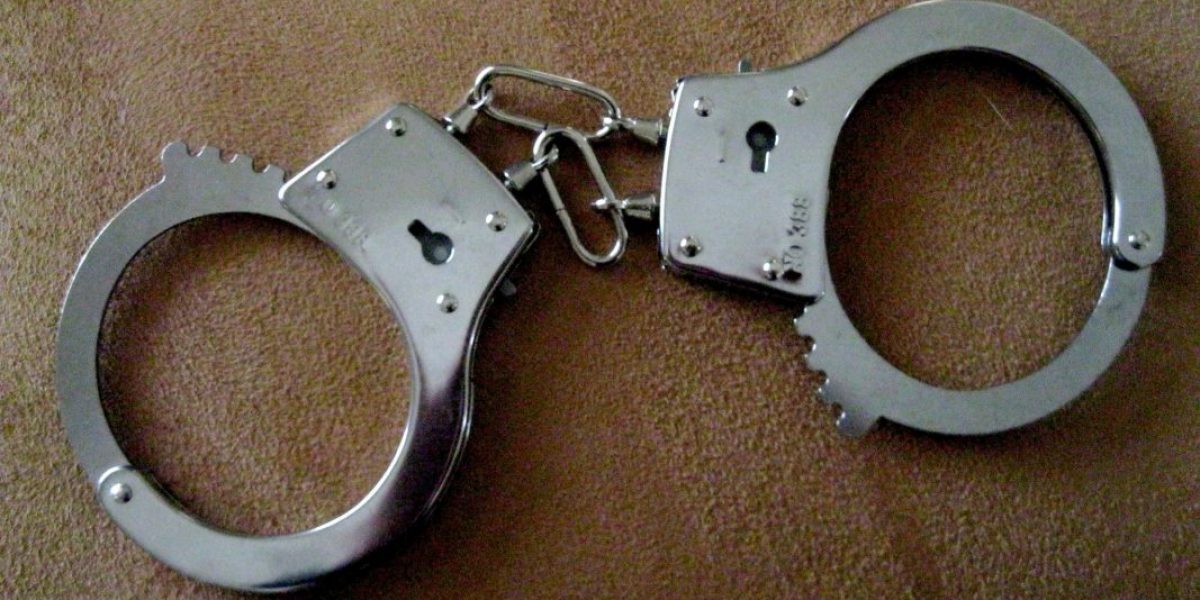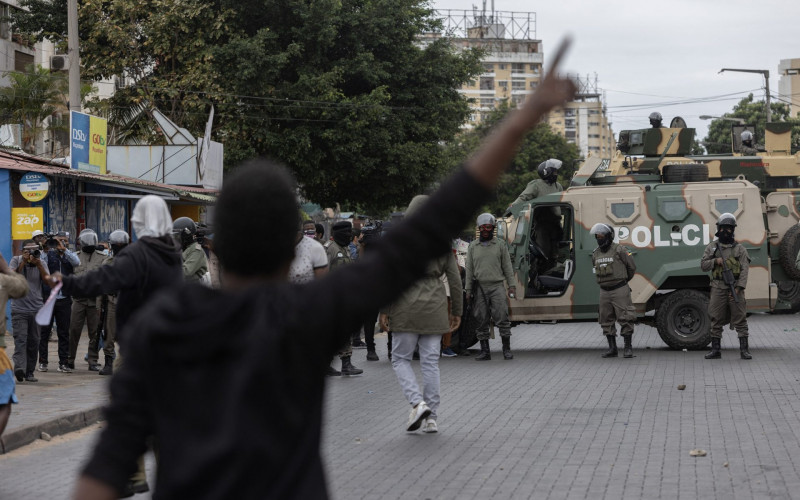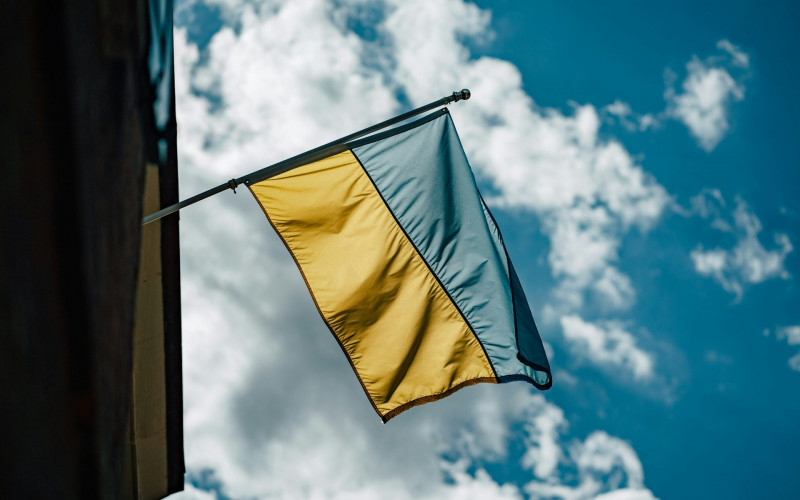The 100 people lucky enough to be employed at the resorts earn R15 a day, while piece workers who skin fish may earn more, depending on the generosity of tourists. Locals employed at a lodge claim it can make R100000 in a busy weekend.
This community has no tarred roads, electricity or water all promised to it when SA and Mozambican businessmen re-established these resort camps on what is regarded as communal land.
There are also no shops so residents have to go to the SA town of Mangusi (at R50 a trip) for necessities. On their return, Mozambican customs officials tax them up to 45% on purchases, including foodstuffs, compelling them to reduce their purchases or to cross the border illegally.
They may not bring sugar, cooking oil or gas across the border due to Mozambican legislation that protects its local industries. Locals say the sugar confiscated at the border is sold on the black market, undermining the struggling Mozambican sugar industry. Mozambique’s National Sugar Institute reported in 2001 that an estimated 70000 tons of sugar were smuggled in and dumped at cost price on the Mozambican market, but that official exports were increasing, suggesting that the contraband trade was diminishing.
Organised crime networks in Mozambique also source sugar from neighbouring countries such as Zimbabwe and Malawi. Zimbabwean price controls on basic commodities encourage sugar smuggling.
Zambian traders have joined the market and are exchanging US dollars for Zimbabwean dollars at the black market rate. The money is used to buy cheap sugar and other goods for resale in Zambia.
Senior police officers in Harare have reportedly been implicated in smuggling sugar, alcohol and salt to Zambia and Mozambique in police vehicles. Proceeds are said to be used to buy foreign currency. Intelligence members who unearthed the scam were allegedly transferred, and a suspect who could implicate police, released.
Zambia responded by banning trade in Zimbabwean goods, forcing the market underground and losing customs revenue.
How can border communities be supported to stem the trade in illegal goods? For Mozambique, trade liberalisation and removing tariff barriers would put more food on the table, allow locals to bring in building material for brick houses and make it cheaper to run and expand small businesses like spaza shops and taverns.
Locals want border residents to be registered and allowed daily passes into SA at least until promised facilities materialise. Also mooted to facilitate legal cross-border trade are multiple-entry and trader visas. Unfortunately, procedures for applying for nontariff quotas, as is possible between Mozambique and SA, are not accessible to informal traders. Those who obtained customs exemptions claim corrupt customs officials charge the same rates.
Mozambique and SA benefit from this informal trade. About 60% of Mozambican traders employ other people (mainly women), and the SA retail sector is booming in places like Mangusi.







